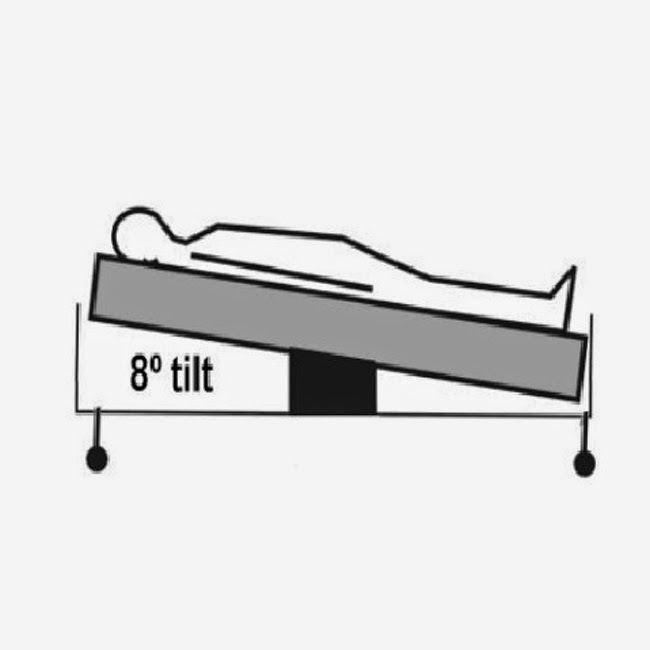Treating GERD with Drugs
Drugs that can be used to neutralize stomach acids are antacids (eg. Aluminum or magnesium hydroxide *, calcium carbonate, bismuth subsalicylate). The production of stomach acid can be reduced by drugs such as H2-receptor antagonists (eg. Cimetidine, ranitidine, famotidine, nizatidine) and most importantly Proton Pump Inhibitors (PPI)- Dexlansoprazole
- Omeprazole
- Lansoprazole
- Pantoprazole
- Esomeprazole
- Rabeprazole
Antacids local action possible to reduce or neutralize the acidity of gastric juice secreted already. Antacids are sometimes associated with alginates, substances forming a viscous gel that floats in the stomach.
Treating GERD with Lifestyle Changes
In addition to using drugs, you can further soften your GERD symptoms continuing one or more lifestyle changes below. For example:- Taking your meals earlier, especially the evening.
- Thinking about less plentiful and more frequent meals instead of taking 2 or 3 meals a day.
- Avoid lying down within 2 or 3 hours after a meal.
- Reduce your intake of alcohol and caffeine.
- Stop smoking and avoid drinking alcohol.
- Lose excess weight.
- Exercising regularly.
- Lift the head of your bed by 15 cm (6 in).
Most people change their eating habits and their lifestyle while taking their drugs have their therapeutic efforts successful. Sometimes surgery is needed to restore or enhance the anatomical factors opposing the reflux. It can help to dilate the esophagus when it is shrunk and swallowing is difficult. It is also possible to tighten the fabric around the base of the esophagus in order to restore the anti-reflux barrier.



ConversionConversion EmoticonEmoticon